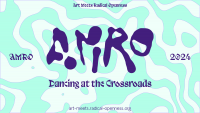Contemporary education, formal classrooms, museum educational programmes, lifelong learning are all increasingly embracing ‘the digital’. As more and more arts and culture artefacts become available in this digital space, it was only a matter of time before the two worlds, heritage and education, would find each other. But have they really?
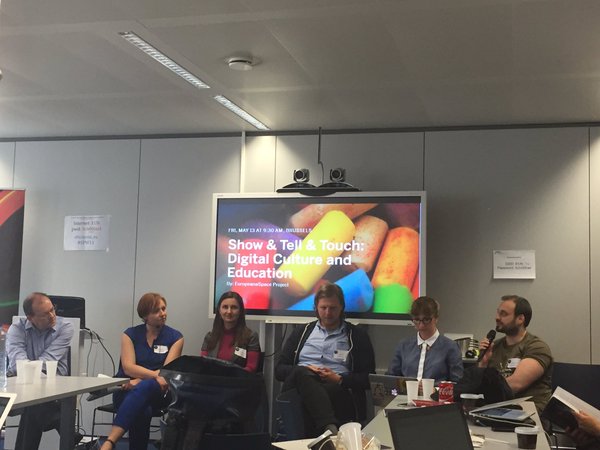
final roundtable at the workshop
Show & Tell & Touch: Digital Culture and Education is the second workshop organized by E-Space on education, and aims to reflect on how digital cultural content may be creatively re-used in an educational setting. This interactive and involved re-use not only improve the quality of education but engages younger audiences in a way more insync with their daily lives. Premiere speakers from around Europe discussed first class examples of digital culture education in practice, looked at current trends in the field as well as (European) politics and set the scene for facilitating reuse.
Speakers included: Barbara Dierickx / PACKED vzw; Elina Jokisalo / European Schoolnet; Antonella Fresa / Promoter SRL; Hildegarde Van Genechten / FARO; Alain Thillay / French Ministry of Education; Stefano Caneva / Wikimedia IT-BE; Fred Truyen / KU Leuven; Milena Popova / Europeana; Lisette Kalshoven / Kennisland; and the Europeana Space Pilot and Demonstrators coordinators
This event was held at the Future Classroom Lab, an inspirational learning environment in Brussels, challenging visitors to rethink the role of pedagogy, technology and design in their classrooms. The educational demonstrators that have been created in the EuropeanaSpace project were nicely showcased live in this experimental setting.
More information on the programme HERE
Videos recording of the event are also available.
The Europeana Space project looks at how digital cultural heritage coming from Europeana amongst other sources, may be reused in different contexts. With the creation of a MOOC, five educational demonstrators and six pilot actions with an educational dimension, there is a lot to show. Find more information on this particular field of interest on the dedicated Europeana Space education mini website: www.europeana-space.eu/education.
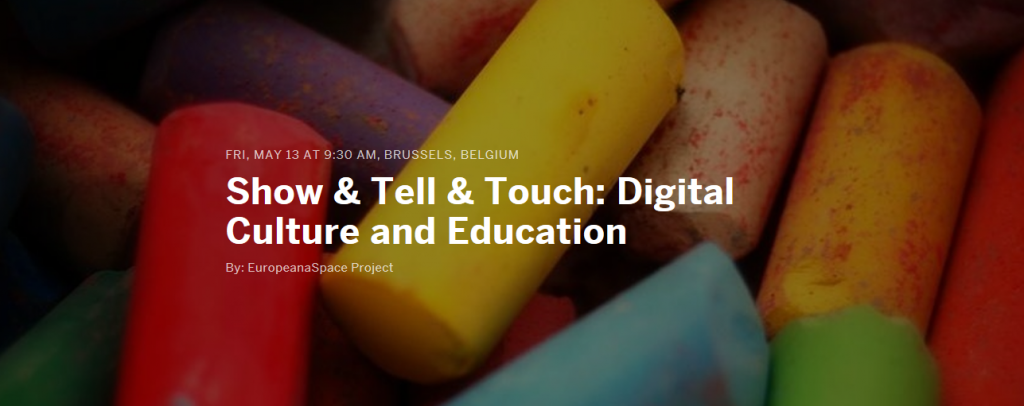


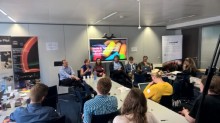











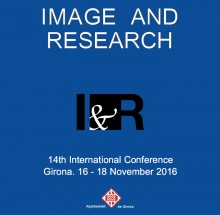
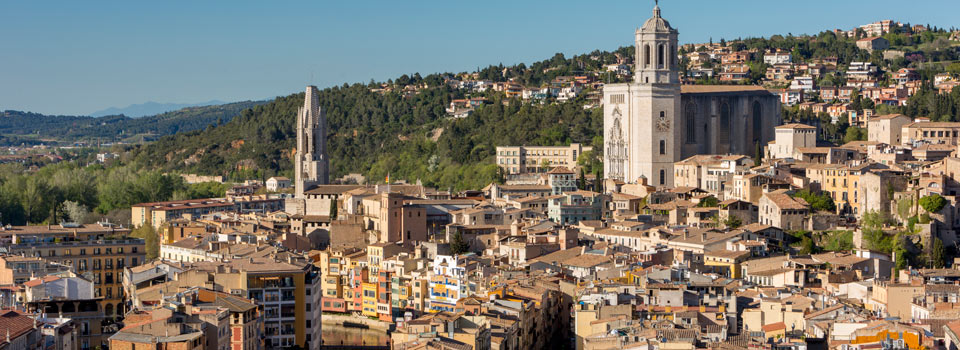
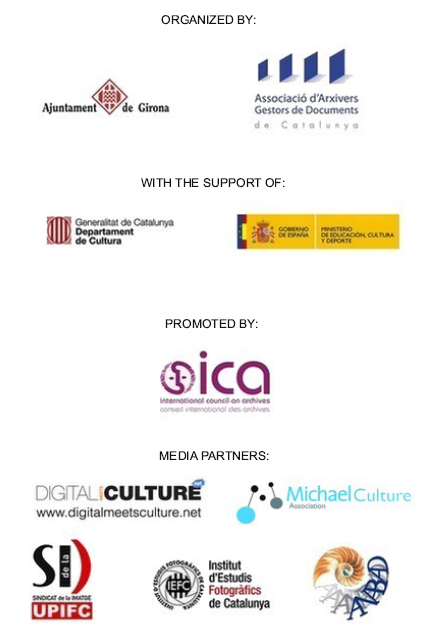
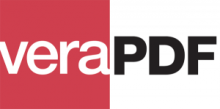
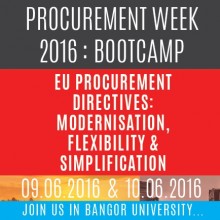
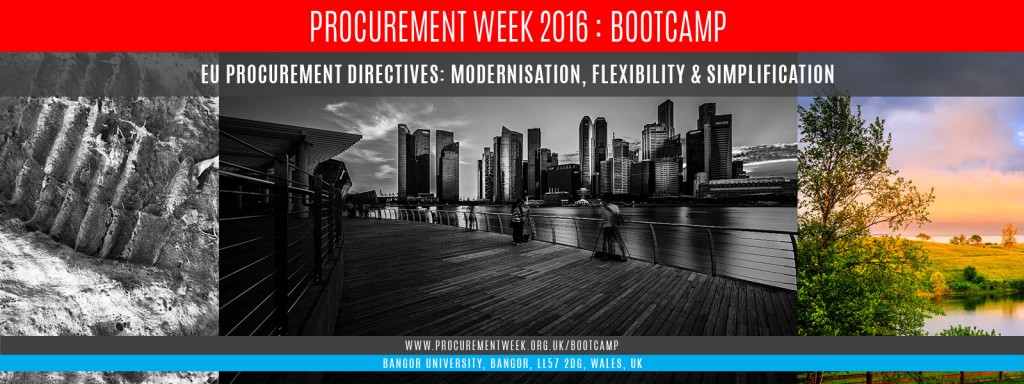
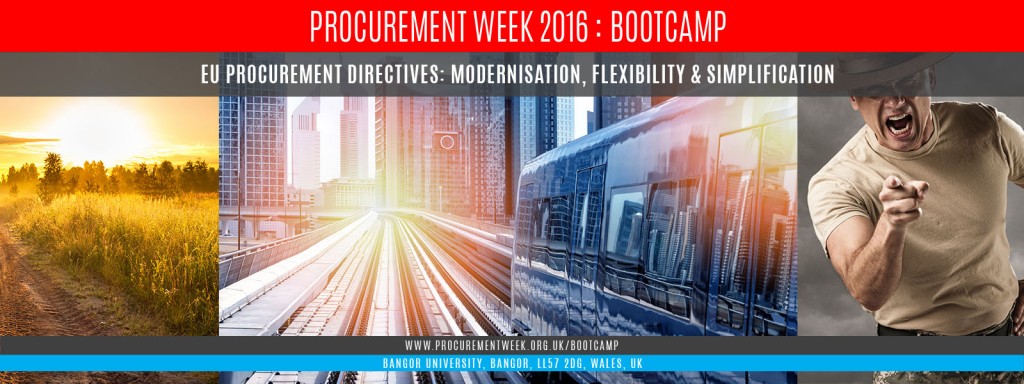
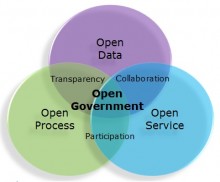

 The workshop aims to generate collective insight into public sector innovation for Open eGovernment Services (OGS). It is clear that OGS require a deep change in the machinery of government, but also they act as an incentive for change through for example increased transparency and collaboration. The study has analysed several cases in order to understand the key costs and benefits of OGS. The workshop now aims to analyse in depth the rationale and drivers behind these cases, in order to draw lessons and develop future scenarios.
The workshop aims to generate collective insight into public sector innovation for Open eGovernment Services (OGS). It is clear that OGS require a deep change in the machinery of government, but also they act as an incentive for change through for example increased transparency and collaboration. The study has analysed several cases in order to understand the key costs and benefits of OGS. The workshop now aims to analyse in depth the rationale and drivers behind these cases, in order to draw lessons and develop future scenarios.
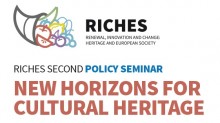
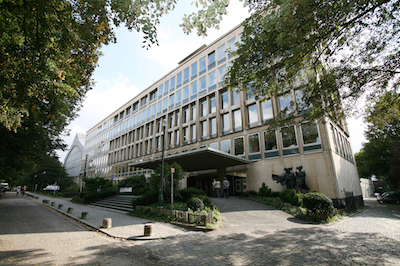 “New Horizons for Cultural Heritage – Recalibrating relationships: bringing cultural heritage and people together in a changing Europe” is the Second Policy Seminar organised by the
“New Horizons for Cultural Heritage – Recalibrating relationships: bringing cultural heritage and people together in a changing Europe” is the Second Policy Seminar organised by the 














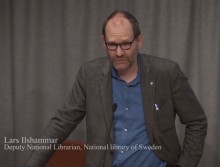
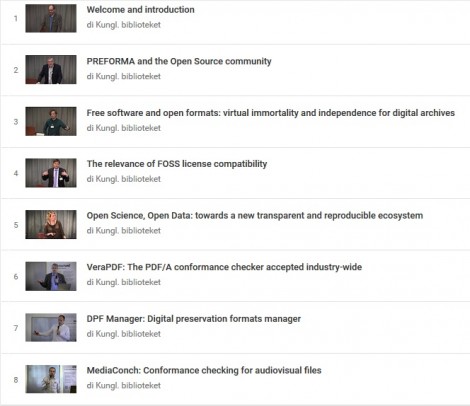
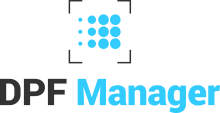



 If you have interesting news and events to point out in the field of digital cultural heritage, we are waiting for your contribution.
If you have interesting news and events to point out in the field of digital cultural heritage, we are waiting for your contribution.














